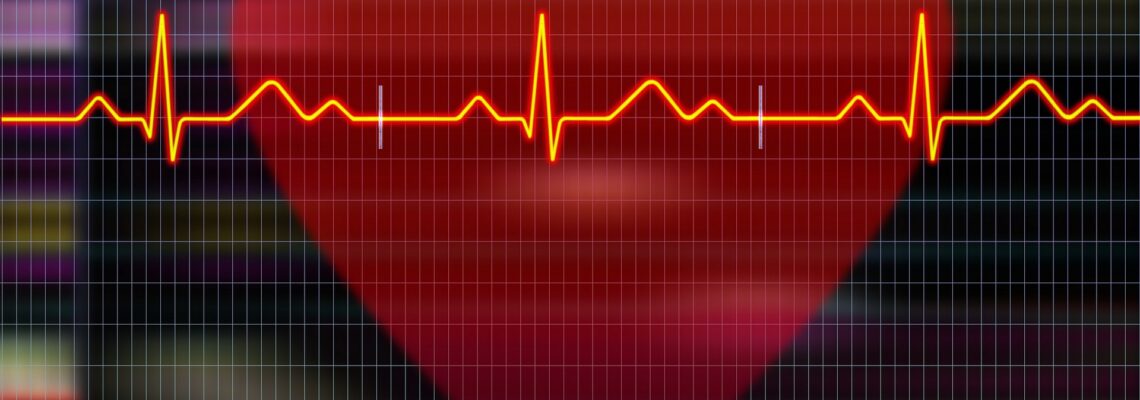
“The Beat Goes On: Advancements in Cardiology”
- April 27, 2023
- 0 Likes
- 141 Views
- 0 Comments
Cardiology is the discipline of medicine concerned with the study, diagnosis, and treatment of heart and circulatory system problems. The heart is a complicated organ that circulates blood throughout the body, giving oxygen and nourishment to all tissues and organs.
Significant advances in cardiology have revolutionised the way we detect and treat cardiovascular problems during the last few decades. These developments have resulted in better patient outcomes and a decrease in overall heart disease death rates.
The introduction of new diagnostic techniques that allow doctors to detect heart illness earlier and with more accuracy has been one of the most significant advances in cardiology. Imaging technologies such as echocardiography and cardiac magnetic resonance imaging (MRI), for example, have advanced to provide clinicians with detailed views of the heart and its tissues.
Another significant advancement has been the development of minimally invasive methods for the treatment of cardiac disease. These procedures, such as angioplasty and stenting, entail accessing the heart and repairing damaged blood arteries by small incisions and catheters. These operations are less invasive than typical open-heart surgeries and are frequently conducted as outpatient procedures, allowing patients to go home the same day.
Furthermore, advances in medical therapy have enabled many heart diseases to be effectively managed with medicine alone. Blood pressure medications, such as ACE inhibitors and beta-blockers, have been found to lessen the risk of heart attack and stroke in hypertensive patients.
Another important innovation in cardiology has been the creation of implanted devices such as pacemakers and defibrillators. In patients with specific heart diseases, these devices can assist control heart rhythm and prevent sudden cardiac death.
Finally, there is a rising appreciation for the importance of lifestyle variables in the onset and progression of heart disease. As a result, there has been a greater emphasis placed on preventative measures such as regular exercise, nutritious food, and smoking cessation.
Finally, advances in diagnostic tools, minimally invasive procedures, medication therapy, implanted devices, and preventative measures have helped the profession of cardiology make great strides in recent years. These developments have resulted in better outcomes for heart disease patients and have contributed to a reduction in the global burden of cardiovascular disease.


Leave Your Comment